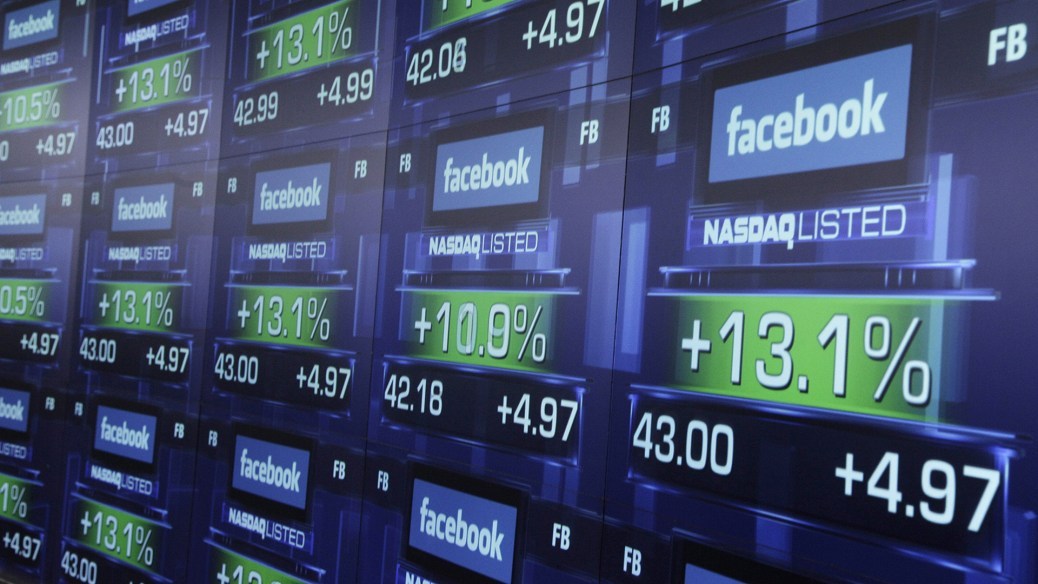
With high-profile brands and people like Elon Musk abandoning Facebook, CNBC’s Jim Cramer worried that the news would affect the scandal-ridden stock more adversely than expected.
“These departures may not seem very large, but … if they continue, they’re going to hurt Facebook’s numbers [and] make it extraordinary difficult to value the stock,” the “Mad Money” host said on Wednesday. “Both the estimates and the price-to-earnings multiple — what we’re going to pay for those estimates — are in flux.”
Shares of Facebook have been falling ever since news broke that research firm Cambridge Analytica used Facebook users’ data without their permission to support Donald Trump’s 2016 presidential campaign.
So, to try and figure out where Facebook’s stock might bottom after its 21 percent decline, Cramer examined some past corporate scandals to compare the declines.
United Airlines
Investors and consumers alike were outraged when videos surfaced of United Airlines employees dragging a passenger off of one of their flights.
But even though plenty of people vowed they would never fly United again, shares of the company only fell 6.7 percent.
Wells Fargo
The seemingly endless cross-selling scandal at Wells Fargo hit the big bank’s stock with a 14 percent decline.
“The long-time CEO of Wells Fargo was forced to leave and the board of directors was shaken up. The cross-selling scandal was a big deal,” Cramer said. “Yet Wells Fargo’s stock declined only 14 percent. [That] pales in comparison to Facebook’s 21 percent decline since the data breach.”
Target
Target’s massive credit card breach jeopardized the information of 40 million people, and it didn’t help shares of the retailer when the company didn’t immediately report the hack.
Target’s stock fell almost 19 percent following the scandal and took a year to recover from the losses.
“It’s a really bad sign that Facebook’s taken out a Target-sized decline because it’s not like you can just take your business to a different social network,” Cramer said. “There’s Facebook and then there’s Instagram, [which] belongs to Facebook. This company’s basically the only game in town; no one else comes close in terms of reach, not even Twitter.”
Chipotle
Cramer wondered if Facebook’s stock could be as damaged as the stock of Chipotle Mexican Grill was after the fast-casual chain’s health-related scares.
Chipotle shares lost nearly half their value from the two scandals, which scared Chipotle’s regular customers and weighed heavily on the company’s earnings.
Equifax
Or perhaps Facebook’s declines would look more like the declines in shares of Equifax, the credit reporting company that was rocked by a data breach in 2017.
Equifax’s breach affected nearly 150 million U.S. customers, with credit card numbers and, in some cases, social security numbers being jeopardized. In response, shares of Equifax lost a third of their value.
Conclusions
“I bet Facebook’s going to be a little more like Equifax than Chipotle,” Cramer concluded. “Equifax has an unassailable market share position. The credit [rating] companies are a three-way oligopoly. […] I think Facebook has similar advantages.”
In Cramer’s worst case, he could see shares of Facebook dropping 25 percent from their highs, putting the stock price in the low $140s.
“At those levels it will be insanely cheap, as I doubt the company’s growth rate will sink below 25 percent,” the “Mad Money” host said. “Yeah, it’s possible Facebook could have a lot more downside from here before the stock starts to rebound. That may sound extreme, but this is what happens when you infuriate consumers and their representatives in Congress.”
“When Facebook begins to bounce, though, it will bounce hard, but it may end up bouncing from a little lower level.”

